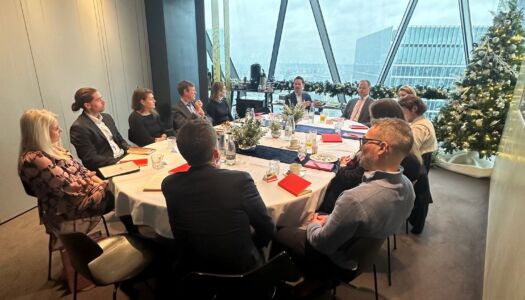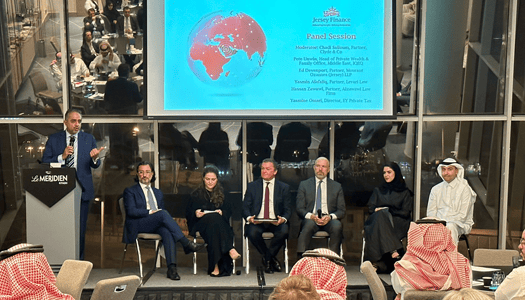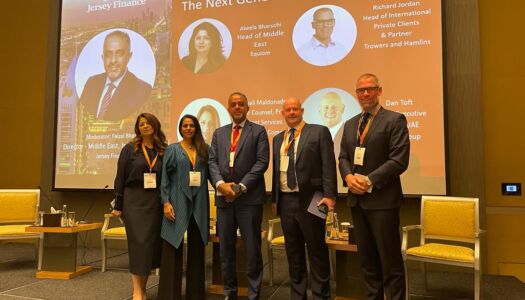When discussing responsible stewardship of wealth, it often revolves around the ethical and prudent management of financial resources with a focus on long-term sustainability and positive impact. Deliberations around financial goals, risk management, social and environmental considerations, and the well-being of future generations generally form the agenda.
A Private Client Lawyer opened the discussion by stating that awareness is key. Managing wealth with a conscience and understanding that wealth goes beyond financial gain. This also brings in concepts of social capital and always ensuring that the decisions taken tie in with the clients’ values and acknowledge various viewpoints. It is important to try to reach a consensus that fits the purpose more broadly, while considering a wider sense of community.
These sentiments were echoed around the table, with a Director of Family Office noting that ‘purpose’ is a key word when considering options for families, although every family has their own unique situation. Global economic instability, inflation and the current high interest rate environment is also creating uncertainty and complication in making these decisions.
A London-based Head of Family Office added that values only resonate with families if they ring true with their own values and principles. Advisers must take care that they don’t try to suggest or impose ideas if they are not aligned to the family’s situation and consideration should always be given to how the family members live their lives behind closed doors. Advisers have a duty to help families think about and recognise what is important, supporting them in applying a more conscious approach in adhering to the family’s values in line with their governance framework.

A Senior Client Partner of an independent wealth management business concurred with this approach, adding that this is not a “quick fix” and requires careful consideration. Conversations around this topic can sometimes be difficult – even dividing opinion – so the family must come together with an open mind and air of transparency to understand exactly what they are trying to achieve, under the guidance of their adviser.
The Founder of an investment platform for family offices added his perspective on the topic, questioning the common language and science behind responsible stewardship of wealth, stressing the importance of getting that right in order to educate the younger generation. This not just about sustainability – it is a far broader topic.
A Senior Associate from a law firm stated that it is not possible to be as flexible as we have been in the past. She stressed the importance of having regular conversations and looking carefully at the structures to ensure they remain fit for purpose. We need to find ways to build greater flexibility into the structures to mitigate the changing environment and support longer-term goals. This was echoed by one of her peers, who added that it is necessary to understand the differences between the families’ short-term and long-term aspirations, creating a clear path to achieving their goals.
The Head of Fiduciary Services for a Jersey-based international banking group aired his concerns about the practicalities of responsible stewardship, based on the fact that some of the current vehicles in place are 10 to 15 years old. He added that decisions made now might have a significant impact in 10 or 20 years’ time.
The key theme of communication was reiterated at this point, with a number of people around the table stressing the need for a constant dialogue with clients. Strong governance, both corporate and family, was also deemed to be a major factor and it was suggested that regular “audits” be carried out to check the structures are fit for purpose. The situation has to be managed between the clients, trustees, lawyers, accountants, advisers etc – once again highlighting the need for clear and constant dialogue.
Communication is of major importance within the families. There are often occasions where decisions made by previous generations have not been discussed or do not align with the values and principles of the subsequent generations. As the next generation take the reins to manage their families’ wealth, there is always the risk of encountering legacy issues. Decisions that were taken a decade ago may no longer be relevant and can pose problems, so open dialogue is imperative.
In summary, it was agreed around the table that ‘responsible stewardship of wealth’ not only involves having an open mind, but it also relies on open discussions. Education is key to ensuring that the current generation hand over their wealth to the next generation so that it is fit for purpose in an ever-changing environment. Technology will also play an increasing role in assisting with the transition of wealth from one generation to another but keeping an open dialogue, such as roundtable discussions like this, will be crucial to ensuring we are all on the same page.





